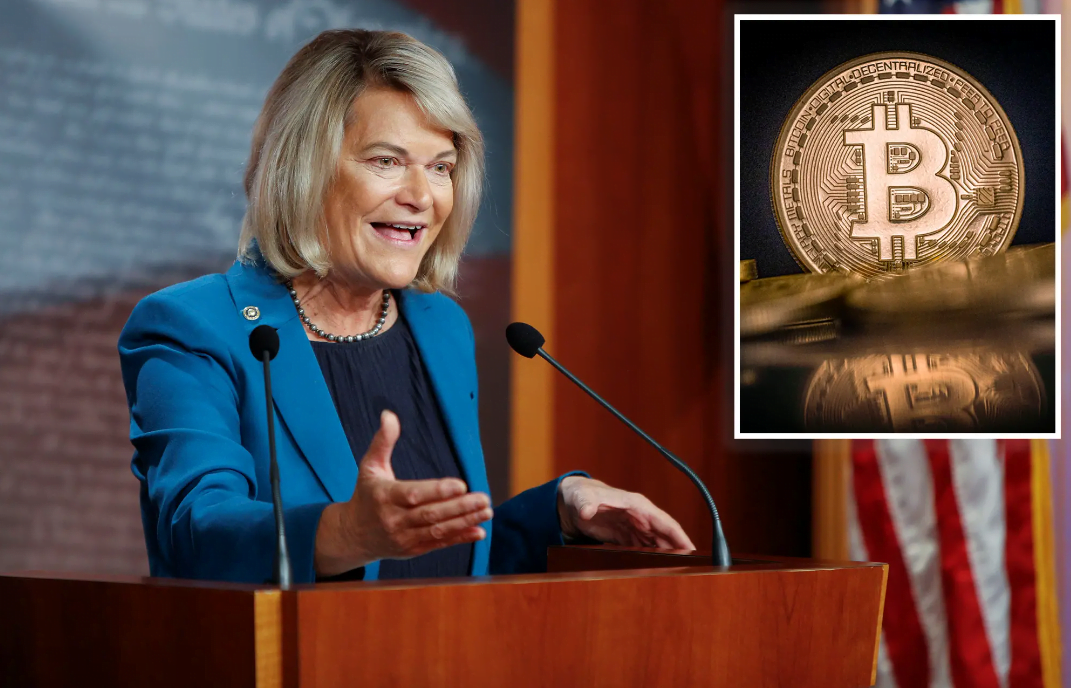Senator Cynthia Lummis, a strong advocate for the crypto industry, has filed an amicus brief in support of Coinbase’s motion to dismiss the lawsuit brought forward by the U.S. Securities and Exchange Commission (SEC).
She argues that the SEC’s actions seem to be an attempt to overstep its boundaries and establish itself as the primary authority in the realm of crypto regulation. By doing so, the SEC appears to be sidelining the political process and attempting to assert its dominance.
Amicus Brief Explained
An amicus brief is a document submitted by an entity not directly involved in a case. It serves to provide additional perspectives and arguments in favor of one side of the dispute. In this case, Senator Lummis is offering her support to Coinbase. Also she is shedding light on the potential ramifications that the SEC’s lawsuit might have on the broader crypto landscape.
Lummis further emphasizes that this case is far from being a routine enforcement matter. Moreover, she contends that the lawsuit against Coinbase carries significant weight due to its potential impact on the ongoing discussions within Congress and international forums regarding the regulation of crypto assets.
Also, she highlights the importance of allowing Congress, rather than the SEC, to legislate on matters of such economic and political magnitude.
The Power Play
Furthermore, Lummis delves into the dynamics at play. She asserts that the SEC’s ambitions for broad authority over the crypto market clash with the legislative proposals put forth in Congress. Also, she points out that many of these proposals envision a distribution of regulatory power among various agencies, a concept at odds with the SEC’s aspirations.
Lummis suggests that the SEC’s actions might be an attempt to bypass the political deliberation process and unilaterally seize control over crypto regulations.
A Time of Debate and Consideration
What adds to the complexity of this case is the timing. She notes that the SEC’s enforcement action coincides with ongoing debates within Congress and global arenas about the appropriate regulatory framework for crypto assets.
This timing raises questions about the SEC’s motivations and intentions, as it seeks to exert authority at a juncture when multiple agencies and legislative bodies are actively engaged in shaping the future of the crypto industry.
Read More:
Hong Kong Virtual Asset Exchange (HKVAX) Receives SFC Approval for Virtual Asset Trading Platform
Exposed Document Unveils BlackRock Disruptive Bitcoin Strategy

